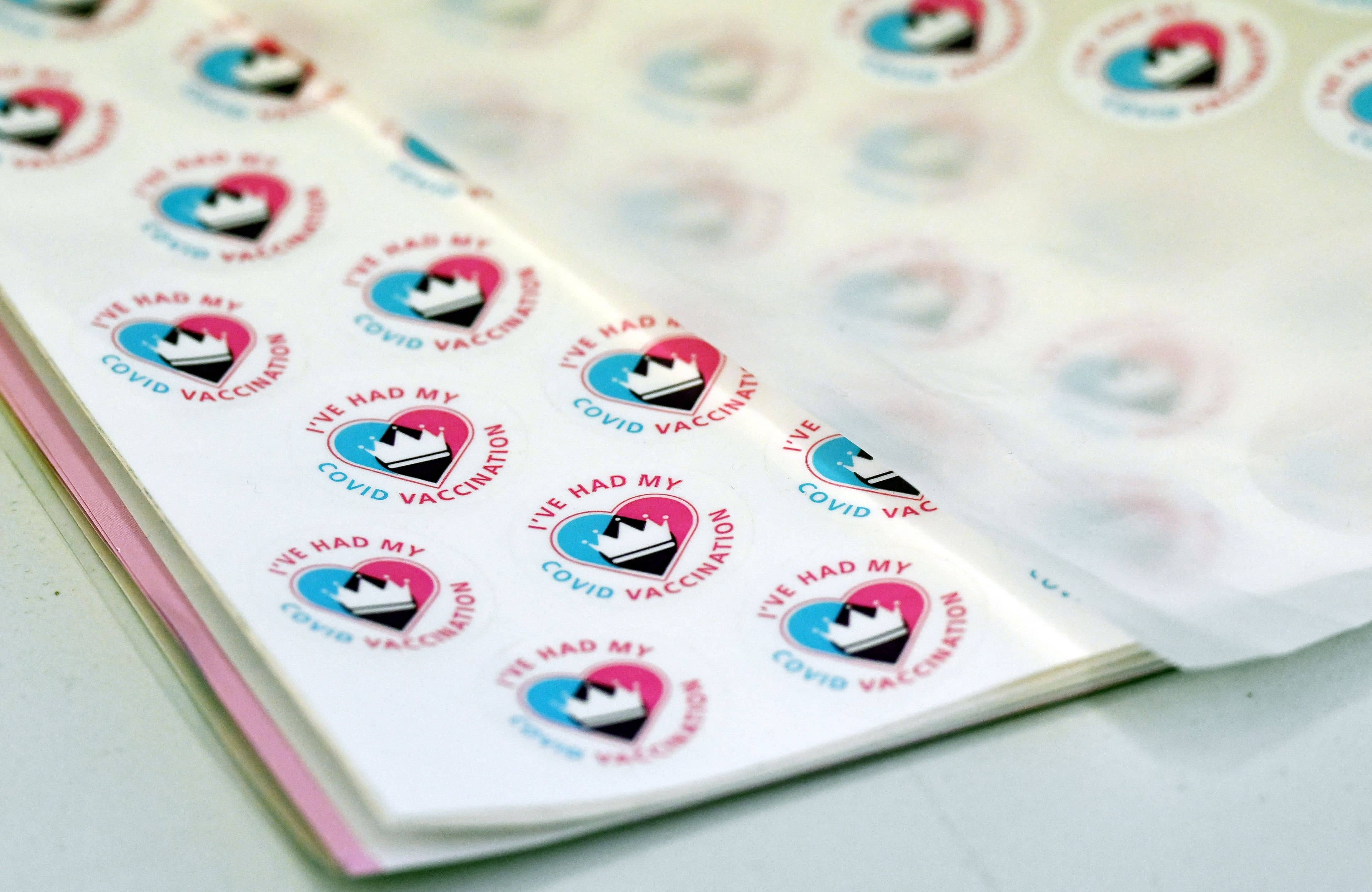Should we worry about AY.4.2, the new Covid variant that has been in the news this week? The descendent of the Delta variant — what we once called the Indian variant — was first identified in July. It has since grown so much that in the week beginning 27 September, it accounted for 6 per cent of all new cases in Britain — and is on an ‘upwards trajectory’, according to the UK Health Security Agency. It has been reported as being as much as 10 to 15 per cent more transmissible than the original Delta variant, which was estimated to be seven times as transmissible as the first variant detected in Wuhan.
The prospect of new variants coming to Britain was used to justify the continuing restrictions on international travel
It wasn’t long ago that the battle against Covid appeared to be undermined by the constant evolution of new variants. Following the emergence of the Kent, South African and two Brazilian variants late last year and the Indian variant in April (all since renamed by the World Health Organisation in an attempt not to stigmatise the countries where they were first identified) it seemed only a matter of time before others, possibly more virulent or transmissible, would arrive. The prospect of new variants coming to Britain was used to justify the continuing restrictions on international travel.
AY.4.2, which contains two mutations in the virus’s spike protein, is not, as yet, classified as being a great risk. It is officially a ‘variant undergoing monitoring’ — a lower grade than a ‘variant of concern’ or a ‘variant under investigation’. It has also been detected in Denmark, where incidence as a proportion of total cases has been falling.
If we are to be struck by a more troublesome variant, it doesn’t look — for the moment — as if AY.4.2 will be it. Even this morning, Professor Sir Andrew Pollard, head of the Oxford vaccine programme, told the BBC it had ‘so far not taken off’ and that ‘there are millions of new variants that will occur every day, most of them fizzle out very quickly’. He added: ‘A new one might be a bit better [at transmitting itself] but it’s unlikely to change the picture dramatically from where we are today.’
The failure of the virus so far to evolve into a form capable of escaping the vaccines will come as something of a surprise to many, given the fear that mass vaccination would speed up the evolution of the virus. The Delta variant rekindled the pandemic, but, at present, Covid does not appear to be presenting much of a moving target.








Comments